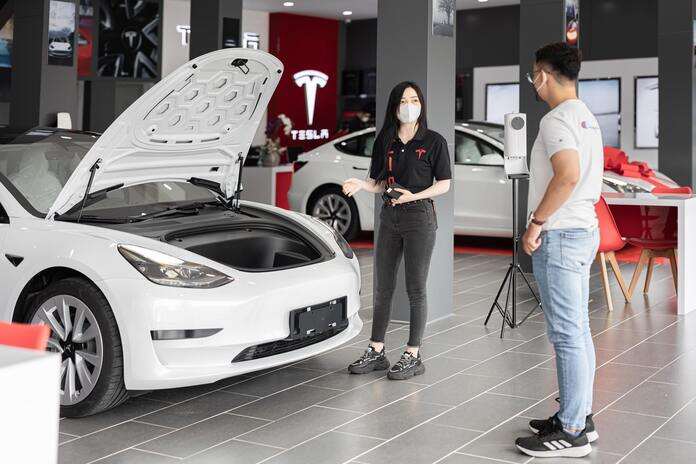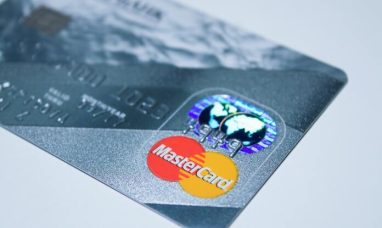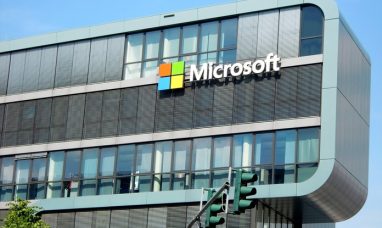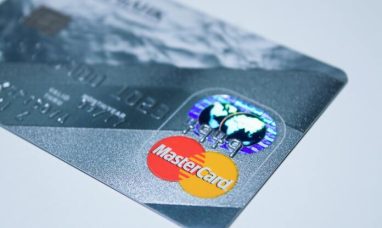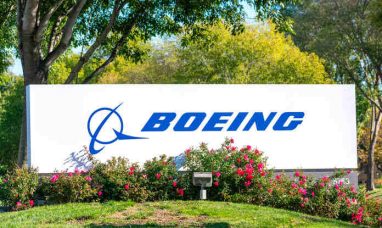Elon Musk’s recent visit to China yielded immediate results as Tesla Inc. (NASDAQ:TSLA) received provisional approval from Chinese authorities to deploy its driver-assistance system in the largest auto market globally.
According to an anonymous source familiar with the matter, the US-based car manufacturer secured the approval under specific conditions. Key milestones include finalizing a mapping and navigation partnership with Chinese tech giant Baidu Inc. and meeting data security and privacy requirements.
Following the news, Tesla’s stock soared by up to 12% after the commencement of US trading, while Baidu experienced a 2.4% increase in Hong Kong. Tesla has not responded to inquiries regarding the status of its regulatory approval efforts.
Elon Musk’s visit to China on Sunday aimed to gain approval for the driver-assistance software, potentially mitigating Tesla’s revenue decline. Although Tesla’s suite of features necessitates continuous supervision and does not render Teslas autonomous, the company charges $8,000 for them in the US or offers a subscription for $99 per month.
During his visit, Musk met with Premier Li Qiang, who played a pivotal role in establishing Tesla’s top plant globally as the Chinese Communist Party secretary for Shanghai. Musk’s private jet departed from Beijing on Monday, according to FlightRadar24.
While Tesla initially enjoyed a warm welcome in China, its market share has dwindled amid increasing competition from domestic electric vehicle (EV) makers, notably BYD Co. According to Bloomberg calculations based on China’s Passenger Car Association data, Tesla’s share of China’s auto market dropped to approximately 6.7% in the fourth quarter of 2023 from 10.5% in the first quarter of the previous year.
Advanced driver-assistance systems are gaining traction in China, with local players like Xpeng Inc. and Xiaomi Corp. leveraging them as selling points for vehicles. Tesla’s potential approval for Full Self-Driving (FSD) in China could rejuvenate its position in the market, especially after price cuts that potentially eroded operating profits.
Dan Ives, senior analyst at Wedbush Securities, views Musk’s surprise visit to China as a pivotal moment, emphasizing the potential unlocked by FSD in China.
Teaming up with Baidu, one of the few suppliers with China’s top-level mapping credentials will enable Tesla to utilize the company’s lane-level navigation and mapping services. Tesla has been utilizing Baidu for in-car mapping and navigation since 2020.
While approval for FSD in China could bolster Tesla’s position, the company faces scrutiny in the US, where the top auto-safety regulator has initiated a probe into Tesla’s Autopilot system following 20 crashes since December.
During a recent earnings call, Musk underscored the significance of autonomous driving development, advising skeptics of Tesla’s autonomy capabilities to refrain from investing in the company.
Earlier reports from The Wall Street Journal indicated that Chinese officials had tentatively approved Tesla’s plan to launch FSD in the country.
Featured Image: Pexels



